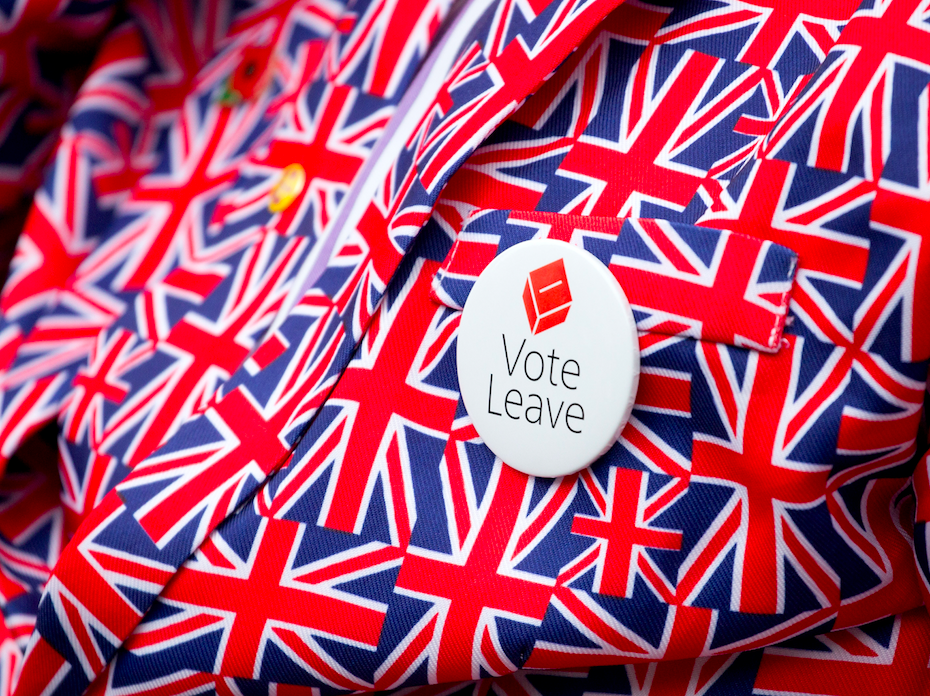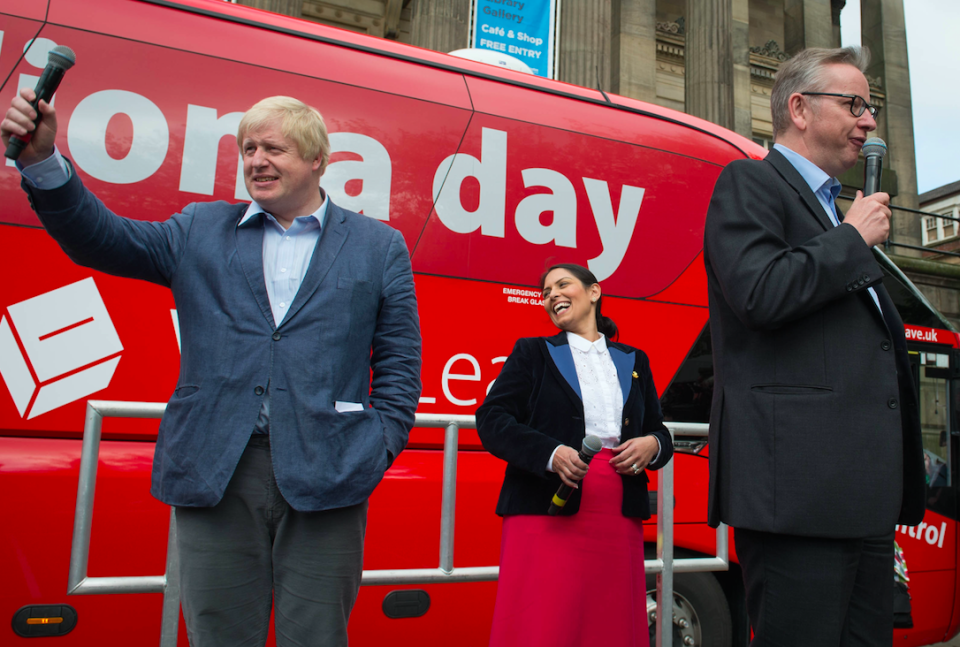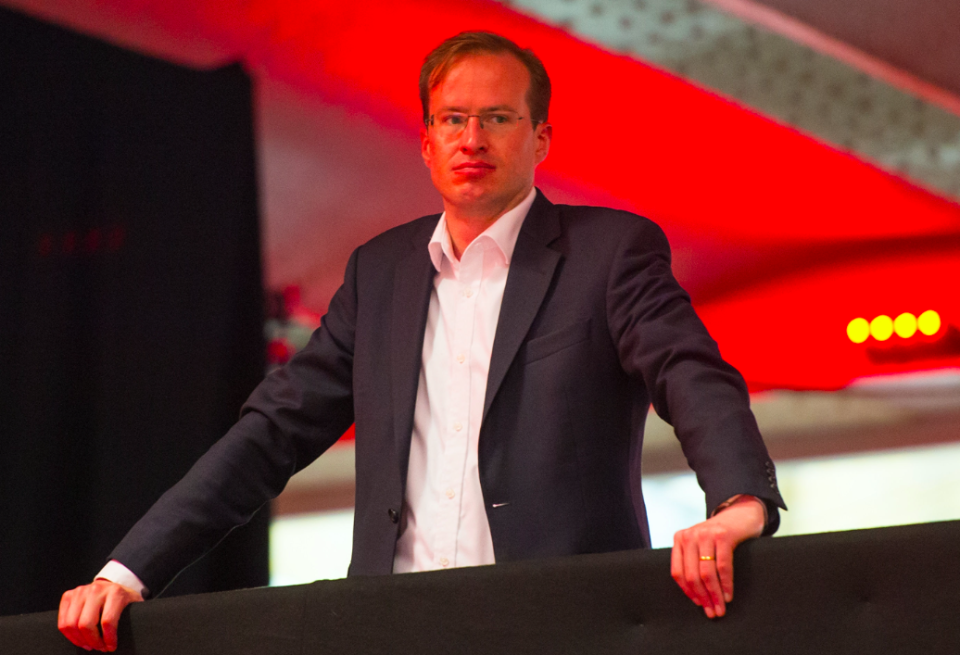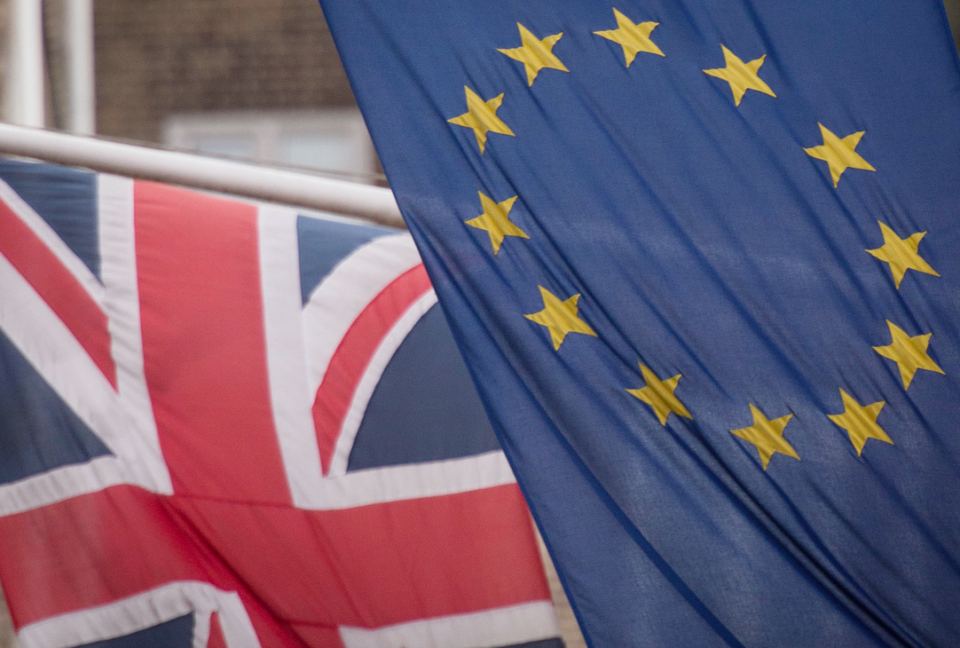Vote Leave campaign ‘broke electoral law’ during Brexit referendum, says Electoral Commission

Vote Leave is expected to be found guilty of breaking electoral law, it has been reported.
The BBC said the official Brexit campaign faces four separate charges of breaking electoral law and will be found guilty on each count.
The Electoral Commission says Vote Leave has taken the “unusual step” of going public about the breaches after viewing the commission’s draft report on its findings.
According to Vote Leave’s dossier, the Electoral Commission found that Vote Leave made an inaccurate return of campaign expenditure; is missing invoices and receipts; failed to comply with a statutory notice and exceeded its spending limit.
But Vote Leave’s former chief executive, Matthew Elliott, who submitted a 500-page dossier to the commission refuting the charges, claimed due process had not been followed.

The campaign, which had support from senior Tories including Boris Johnson and Michael Gove, is expected to challenge the commission’s findings when they are officially produced.
According to the BBC, the draft report also claims there was coordination between Vote Leave and a smaller Brexit campaign, BeLeave, which received a donation of almost £680,000 in the weeks leading up to the June 2016 referendum, following advice from Vote Leave director Dominic Cummings.
Electoral rules state that different campaign groups can work together loosely but they are prohibited from having a “common plan”.
MOST POPULAR TODAY ON YAHOO
Alien ‘cigar’ asteroid showed strange ‘speed boost’ as it raced through solar system
DNA tests which prove people’s ancestry ‘are complete bunkum’ says expert
Theresa May angers her Brexit MPs amid claims she will try to keep the UK within the single market
Wildlife artist captures rare footage of tawny owl bathing in bright sunshine during heatwave
Here’s the scientific reason you never stop worrying about stuff
The link between the two groups has been investigated twice already by the Electoral Commission.
Both parties had previously denied any wrongdoing, but Vote Leave has now admitted there were emails between the donor, Anthony Clarke, and Mr Cummings about passing the money to BeLeave.
“The commission has concluded its investigation and, having reached initial findings, provided Vote Leave with a 28-day period to make any further or new representations,” said a spokesperson for the Electoral Commission.
“That period ended on Tuesday 3 July. The unusual step taken by Vote Leave in sharing its views on the Electoral Commission’s initial findings does not affect the process set out in law.
“The Commission will give due consideration to the representations made to the Commission, including those made by other campaigners under investigation.
“We will then, at the earliest opportunity, publish a thorough and detailed closing report in order to provide a full and balanced account to the public and to Parliament.”
Mr Elliott accused the EC of a “huge breach of natural justice”, alleging that the watchdog had not listened to Vote Leave’s version of events.
If found guilty of breaking electoral law, the campaign could face a hefty fine.

Mr Elliott told Sky News: “Their initial conclusion is that we have overspent, that a donation we made to another group during the course of the campaign was incorrect, we shouldn’t have made that donation.”
Allegations against the official Brexit campaign centre on a donation of almost £680,000 made by the campaign to a youth Brexit group called BeLeave.
It is alleged the money was actually used for the benefit of Vote Leave, to pay data firm Aggregate IQ for targeted messaging services.
If this cash was recorded as Vote Leave expenditure, it would take the campaign’s spending over the £7 million limit, raising the prospect that electoral law had been breached.
The allegations come from information provided by whistleblowers including Christopher Wylie and Shahmir Sanni.
Mr Wylie worked for Cambridge Analytica, the data firm at the centre of the Facebook privacy scandal, while Mr Sanni worked with Vote Leave.
Mr Elliott said: “(The EC) listened to these, quite frankly, marginal characters who came out in March, and listened to their stories, but haven’t had evidence from Vote Leave side of things.
“I think it is a huge breach of natural justice that they haven’t wanted to listen to our opinions and our story and we were the people running the campaign.”

In an interview with the BBC, he said: “I believe we acted both within the letter of the law and also the spirit of the law and the spirit of how you should conduct a campaign.
“We got the designation, Vote Leave, as the officially designated campaign for Leave, on the basis that we would be working with other groups – we wouldn’t just solely be working on our own, we would work alongside other groups and encourage them, and encourage their activities.”
Mr Gove, who was the campaign co-chairman during the referendum alongside Labour’s Gisela Stuart, said he had not seen the report but indicated that the EC’s findings could be challenged in the courts.
“The report itself, I think, is going to be challenged legally,” he told BBC Radio 4’s Today programme.
“If it’s going to be challenged legally, if it is going to go through the courts, it would be inappropriate for me – not having read the report – to offer a commentary on it.”
Pro-EU Labour MP Chuka Umunna said: “So, in an EU referendum where there was a 4% victory for Vote Leave, they overspent by 10%.
“We know they lied; we now know they cheated too and it’s official. Very serious implications.”

 Yahoo News
Yahoo News 
